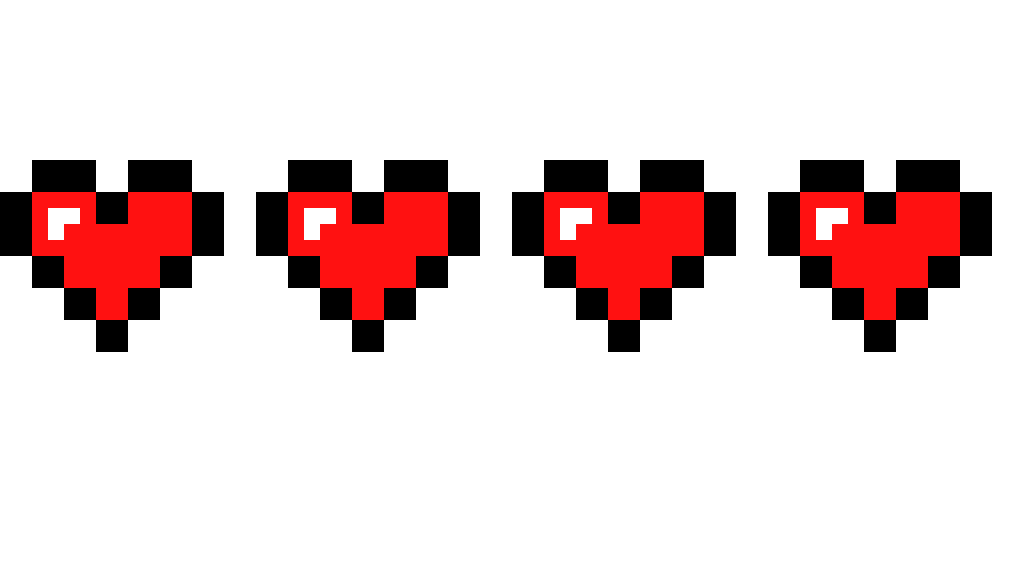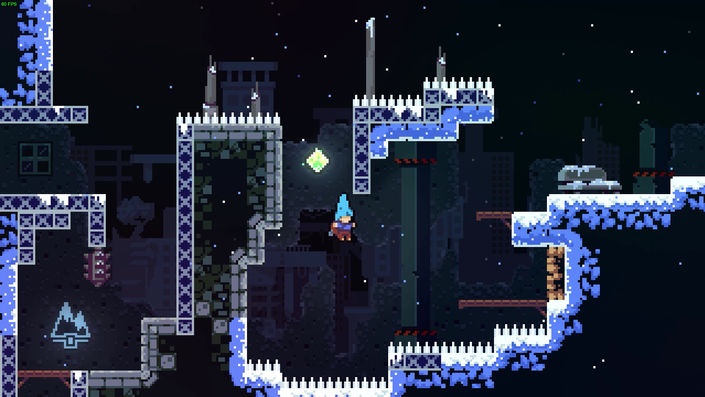Game Design for Life

OTHER PROJECTS
Celeste SFX Remade
The Game I choose is called Celeste, and Celeste is an indie game that has the genre of platforming and adventure. In the game, players control a girl called Madeline as she makes her way up a mountain while avoiding various deadly obstacles. In the 2018 TGA, Celeste was nominated as the game of the year and won the Best Independent Game.
Since this is one of my favorite indie games, and I recently started to play it again to finish all the achievements in steam, I decided to choose to use it in my project. Also, I think the sounds effect in this game are various and I can have many ways to design the sound effect.
To approach the sound design, I finished my gameplay first and used shadowplay to record it(I have to admit that I chose the very first level to start recording because it is the easiest to play, and I don’t have to die many times.). Then, I watch the gameplay record video over and over again to distinguish the different sounds in the game and classify them. They are different footstep sounds on different surfaces, Dash sound effects, the wind blowing in the background, “Dash power-up” SFX, death & recovery SFX, and some other item SFX.
After listing all the sounds, I try to use everything around me to create a similar sound effect in the game. For example, I put the ruler at the edge of the desk, and press the ruler to simulate the springboard in the game; more, I also use a ruler to scratch my bed to simulate the dash sounds, and so on. I used the Zoom H1N to record these sounds, and edited these sounds in the Reaper, also I used Adobe Premiere to merge the WAV. and the original muted gameplay record.
The most challenging sounds are track chain sounds and footstep sounds on metal materials. For the track chain sounds, I eventually figured out that I grated the scissor across the steel net to simulate the sounds of the track chain.
For the footstep on the metal materials, I tried to record my footstep on different materials, but all these sounds were not what I want, I need a metal echo effect. I finally choose to use a metal plate to hit the marble table and record the sound from the plate. Then I use the reverb fx in the reaper to simulate footsteps on the metal materials. But they are not as perfect as the original game.
Pure Data Game SFX project

We wanted to create a retro-style platforming game that focuses on a single boss fight with changing music and multiple sound effects. We took inspiration from games like Crypt of the Necro-dancer regarding what pattern the boss attacks should be. At different amplitude levels, the boss begins to shoot projectiles at the player while growing in size. Stars were added in the background that animate differently based on the amplitude levels in the main theme songs. The stars are then made more prevalent with our chromatic aberration and bloom filter. All our audio makes the game feel more tactile with player movement, in terms of the jumping sound effects, collecting power-ups, taking damage, and representing when an enemy has been defeated. Our sole focus was to give the player a nostalgic feeling of playing an old arcade machine with retro-style art, non-diegetic music, and sound effects to complement it.
Our game comprises two background songs that play on repeat and, based on your distance relative to the boss, use a form of vertical reorchestration. The first song you hear when you enter the game is more upbeat and makes you feel like you are in the sky or floating in outer space and was created through a program called Pure Data. We take advantage of Pure Data's sandbox environment to create an FM synth which can be tweaked in different ways to evoke different emotions in the player. Within the synthesizer, we can add lighter harmonic values on top of a deeper bass line through two oscillators to recreate an upbeat arcade-style background song. Our second song that plays when you enter the boss's radius becomes more chaotic and uninviting by using a higher tempo, lower timbre, and slightly random picking of specific notes through an oscillator.
We also have five procedural sounds in our project, including player jumping, powerup pick-up, boss shooting, a boss explosion, and a player explosion, all within Pure Data. These sounds are played when certain conditions are met in our game and are updated in real-time. Many retro games such as Ninja Gaiden II, and Mega Man II take advantage of the higher tempo and deep bassline that we implement in our game. The faster tempo helps increase anxiety and urgency when the player is encountering an enemy. In addition, the background music supports the feeling of needing to rush through the level. A modern example of faster tempo in a retro style is perfected in a game called Enter the Gungeon. The games appeal to the nostalgia of arcade machines while also recreating the same experience in a new modern way.
We’ve also utilized tools such as fading in and out of the background music to make it less jarring so the player can be more focused and immersed in the game. The tools we used also have the advantage of preventing the music from switching back and forth too quickly, creating an unpleasant effect. Another tool we used to increase immersion was particle effects in combination with sound effects to make the actions feel more intensive and arcade-life-like.
Our group split the different tasks up amongst ourselves to make the work less intimidating. Yukai worked on the boss background music and also worked on the explosion sound effects and the background sprite in Unity. Zhendong worked on the enemy shooting sound effects. The powerup and player jumping were sound effects that Moises worked on, while the main background music was a collaboration of Moises and Adam. Adam worked primarily in Unity and connected the pure data patches to the game itself.
3D Printing projects



